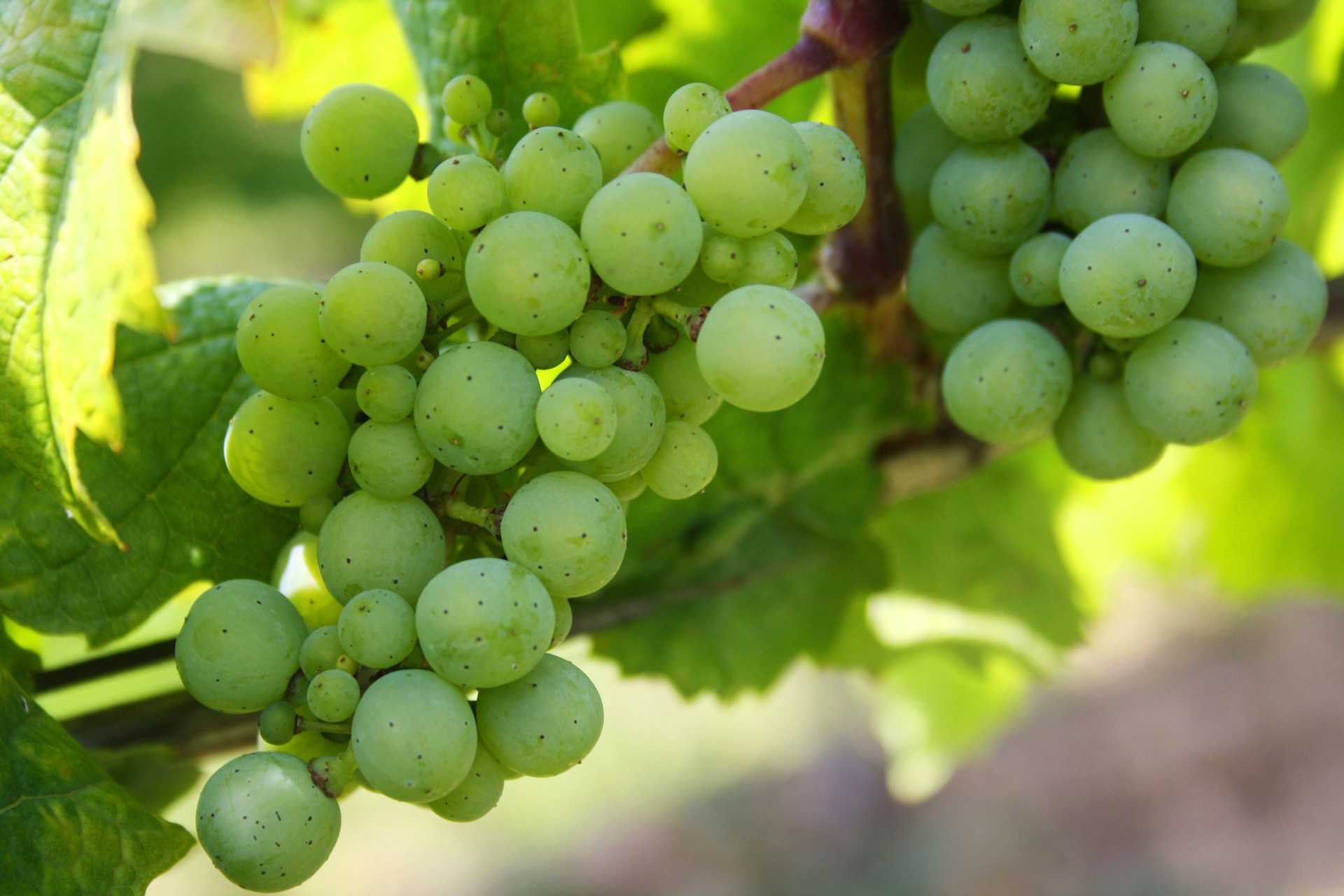Domaine Hatzimichalis Veriki 2009
-
Robert
Parker


Product Details
Your Rating
Somm Note
Winemaker Notes
Professional Ratings
-
Robert Parker's Wine Advocate
The 2009 VERIKI is a 50/50 Chardonnay and Robola blend. From year-to-year now, it is becoming a very fine Greek white blend that I look forward to seeing. Given the difficulties many wineries had in 2009, this is an impressive bottling, showing fine persistence, great elegance and controlled flavors supported by good acidity. Tinged by a bit of grapefruit, it seems remarkably bright, sunny and graceful on opening, simply a pleasure to drink…and then it gets better. While I liked it on opening, I spent extra time with it, and it was gratifying how it seemed to get more penetrating, more piercing, and lingered long and appealingly on the finish. I kept waiting to see signs of this being an off vintage, but they were hard to find. Given the price point and the quality level, this is becoming a go-to Greek white wine in its style. Drink now-2014.

The Domaine has successfully planted and vinified noble grape varieties such as Cabernet Sauvignon, Chardonnay, Merlot, Grenache and Syrah, as well as many indigenous grapes. After harvest, all grapes are transferred from the harvest baskets into pneumatic presses and crushers. After fermentation, all Domaine wines are aged in French oak barrels under controlled conditions. Depending on the type of wine, many styles enjoy cellar aging in the bottle for an additional year or two.

With hundreds of white grape varieties to choose from, winemakers have the freedom to create a virtually endless assortment of blended white wines. In many European regions, strict laws are in place determining the set of varieties that may be used in white wine blends, but in the New World, experimentation is permitted and encouraged. Blending can be utilized to enhance balance or create complexity, lending different layers of flavors and aromas. For example, a variety that creates a soft and full-bodied white wine blend, like Chardonnay, would do well combined with one that is more fragrant and naturally high in acidity. Sometimes small amounts of a particular variety are added to boost color or aromatics. Blending can take place before or after fermentation, with the latter, more popular option giving more control to the winemaker over the final qualities of the wine.

A picturesque Mediterranean nation with a rich wine culture dating back to ancient times, Greece has so much more to offer than just retsina. Between the mainland and the country’s many islands, a wealth of Greek wine styles exists, made mostly from Greece’s plentiful indigenous varieties. After centuries of adversity after Ottoman rule, the modern Greek wine industry took off in the late 20th century with an influx of newly trained winemakers and investments in winemaking technology.
The climate—generally hot Mediterranean—can vary a bit with latitude and elevation, and is mostly moderated by cool maritime breezes. Drought can be an issue for Greek wine during the long, dry summers, sometimes necessitating irrigation.
Over 300 indigenous grapes have been identified throughout Greece, and though not all of them are suitable for wine production, future decades will likely see a significant revival and refinement of many of these native Greek wine varieties. Assyrtiko, the crisp, saline Greek wine variety of the island of Santorini, is one of the most important and popular white wine varieties, alongside Roditis, Robola, Moschofilero, and Malagousia. Muscat is also widely grown for both sweet and dry wines. Prominent red wine varieties include full-bodied and fruity Agiorghitiko, native to Nemea; Macedonia’s savory, tannic Xinomavro; and Mavrodaphne, used commonly to produce a Port-like fortified wine in the Peloponnese.